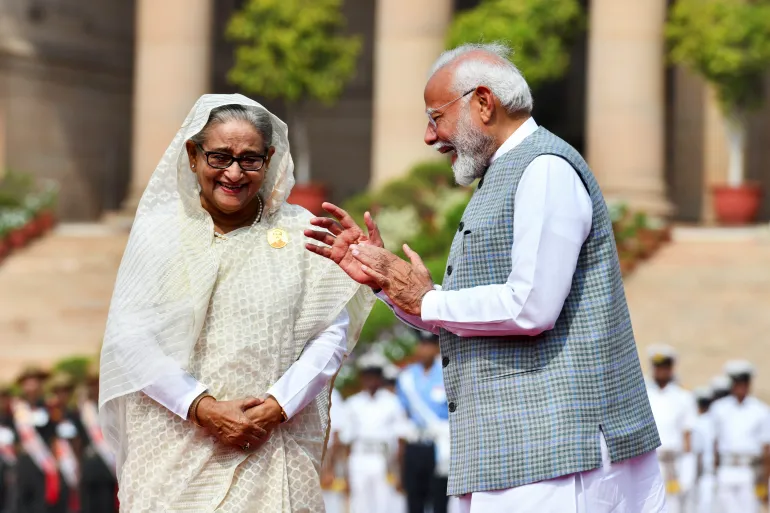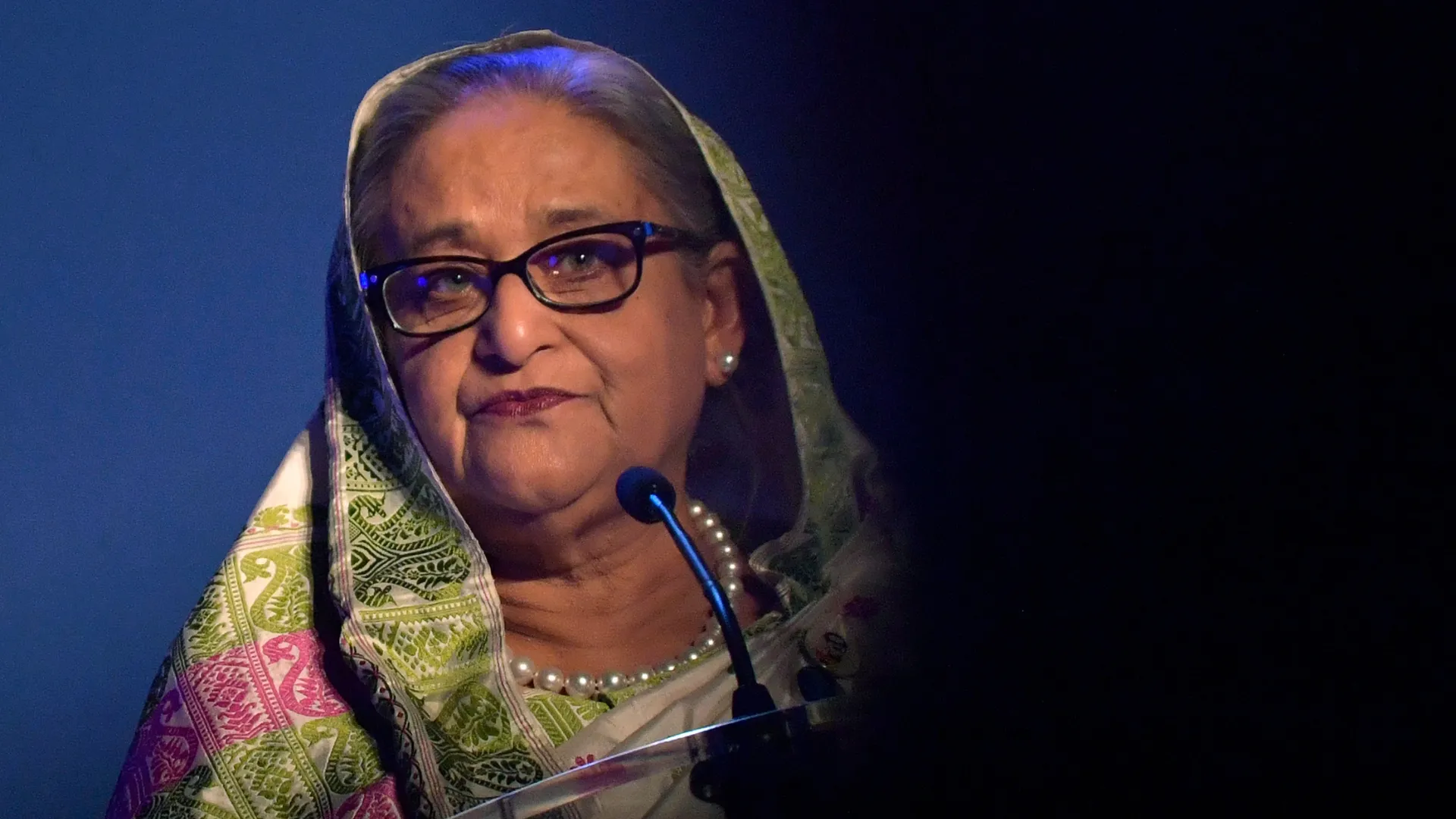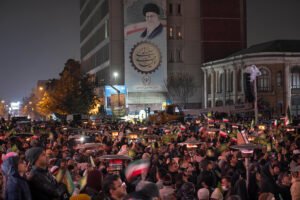Prime Minister Sheikh Hasina was sentenced to death for crimes against humanity during the 2024 student protest. It marked Bangladesh’s heaviest verdict against the former leader. There is one significant issue with the decision. Hasina is not in Bangladesh. For more than the year she has been living in safety in India. Right now she’s far from the tribunal that convicted her.
Accusations Made Against Sheikh Hasina and Others?
Five charges were brought against Sheikh Hasina and his top teo assistant. These include particular killings in rangpur and Dhaka, orders to employ deadly weaponry, helicopter, and drones, torture, and the use of lethal force against unarmed student protestors. The court has stated the following five charges:
- Coordinating the mass murder of demonstrators in Dhaka.
- Firing on civilian gatherings using drones and helicopters.
- Abu Sayed, a Student activist was murdered.
- Ashulia’s practice of burning courses to obliterate evidence.
- The coordinated massacre of demonstrators at Chankharpur.
All acquisitions against the former leader have been refuted. On Monday, though the tribunal gave her a death sentence.
The ICT verdict
The three member ICT, presided over by justice Mohd. Golam Mortuza Majumder, found Hasina and her two assistants, former Home Minister Asaduzzaman Khan Kamal and former police chief Chowdhury Al-Mamun, guilty on three counts. It included directing the leaders suppression of the student led rebellion that took place last year.
Future of Hasina

Sheikh Hasina now believe that New Delhi’s answer will indeed determine the course of the next chapter. India has the legal and diplomatic means to grant Bangladesh’s extradition request. It also has clear and serious arguments to refuse. New Delhi will consider weather returning a former head of state would put her at danger for abuse, an unfair trial on appeal, or other human rights violations, as well as if the tribunals decision represents a legitimate, unbiased legal procedure.







Be First to Comment